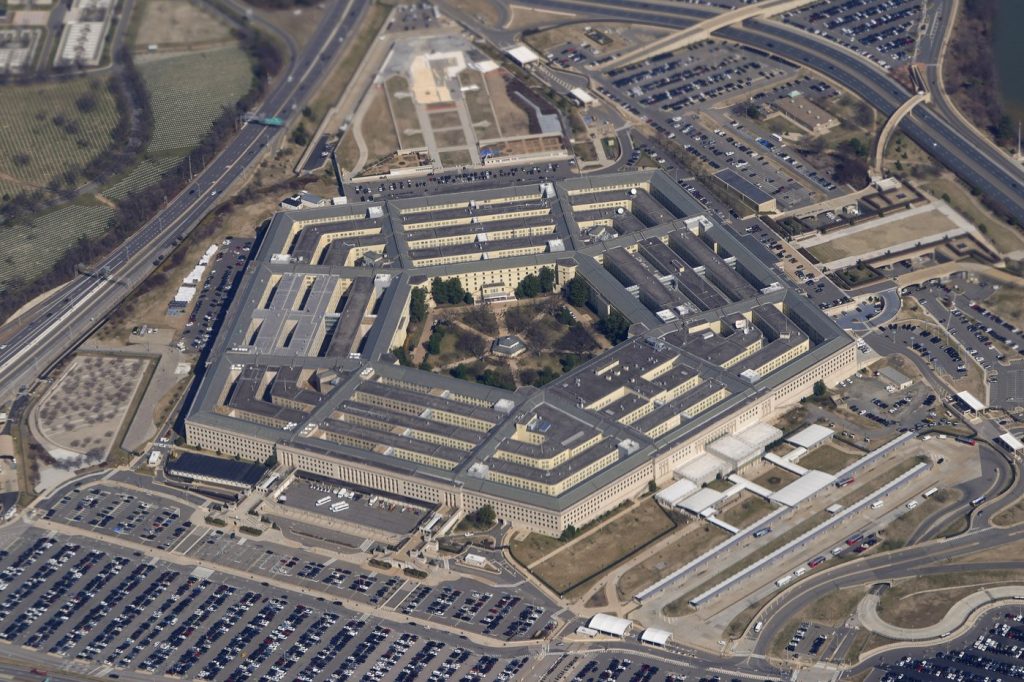Personnel cuts across the U.S. Defense Department are causing delays in plans to hire at least 1,000 civilians who are intended to help combat sexual assault, suicides, and behavioral issues within the military. Senior defense officials, speaking on the condition of anonymity, acknowledged that the hiring freeze and associated budget cuts are affecting efforts to establish a robust prevention workforce, although they assured that crucial programs for addressing sexual misconduct and supporting victims have not yet been impacted.
Currently, the Department of Defense aims to have approximately 2,500 personnel in place by fiscal year 2028 for prevention work throughout military services, combatant commands, ships, and bases. However, recruitment efforts have slowed significantly, with only about 1,400 personnel hired thus far. Defense officials are working to allocate the current staff effectively to cover existing gaps in services until additional personnel can be brought on board.
In light of these developments, Senators Kirsten Gillibrand, D-N.Y., and Lisa Murkowski, R-Alaska, expressed their deep concerns regarding potential cuts or the elimination of programs focused on addressing sexual assault and harassment in a letter to Defense Secretary Pete Hegseth and military leaders. These lawmakers have long advocated for improved programs and aggressive prosecution of military sexual assaults, emphasizing that even minor reductions could jeopardize decades of progress aimed at eradicating such misconduct.
They implored Hegseth to ensure that victims receive adequate support and that offenders are held accountable, urging the Defense Department to maintain its commitment to services that combat sexual assault. The senators stated that swift action is essential to reinforce victims' trust in leadership, stressing the importance of consistent support and advocacy within military ranks.
The recent budget and personnel cuts, influenced by policies from the Trump administration and governmental efficiency initiatives, have resulted in thousands of job losses across diverse federal agencies. As defense officials noted, hiring delays could hinder efforts to address a broader spectrum of challenges including suicides and abusive behavior, which were increasingly recognized as critical issues starting in 2022 when both sexual assaults and suicides were on the rise.
Efforts to form a prevention workforce emerged from an understanding that comprehensive support is required for service members facing pressures related to work, deployment, and personal circumstances, which can contribute to negative behaviors. Furthermore, military programs aimed at combating sexual assault are currently undergoing a broader review to ensure compliance with updated federal regulations, including changes in how sexual assault prosecutions are handled to now involve independent prosecutors.
The Pentagon has affirmed that all existing sexual assault-related policies remain effective and has committed to the goals of the Sexual Assault Prevention and Response Program. These goals include providing recovery assistance to service members, ensuring accountability for offenders, and maintaining overall mission readiness. However, due to varying approaches taken by different military services regarding staffing the new prevention workforce, certain regions may experience staff shortages, highlighting the need for flexible staffing solutions.
To address these disparities, the department is exploring options to redistribute personnel to cover areas that are under-staffed. This proactive approach aims to ensure continuity of support and services while navigating the current challenges posed by hiring limitations.










